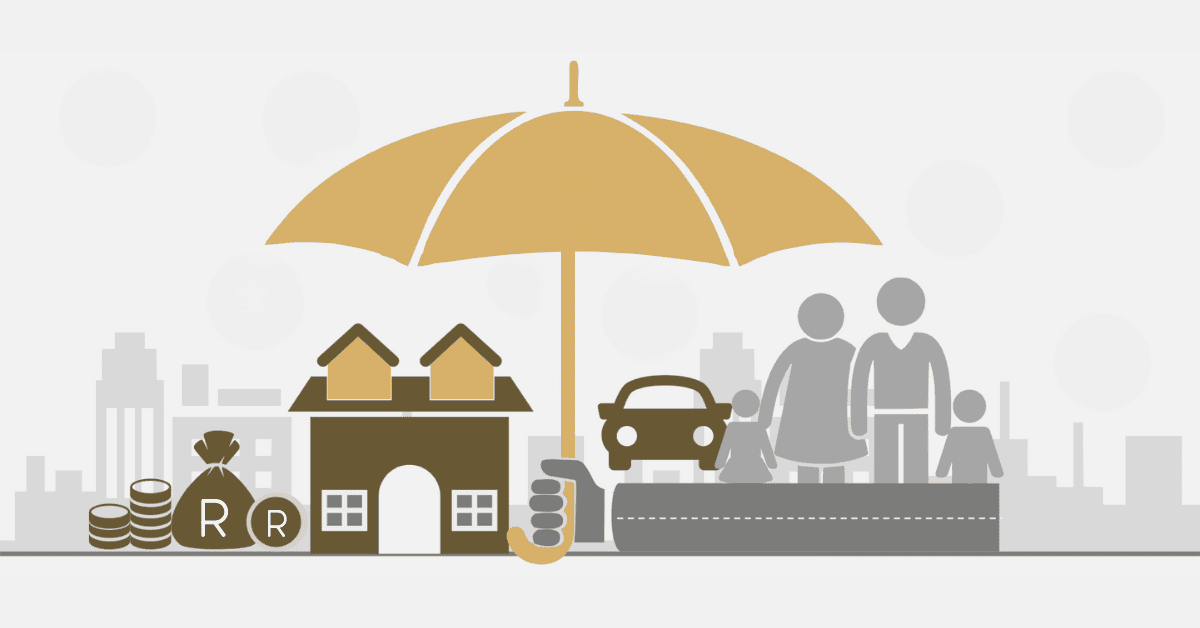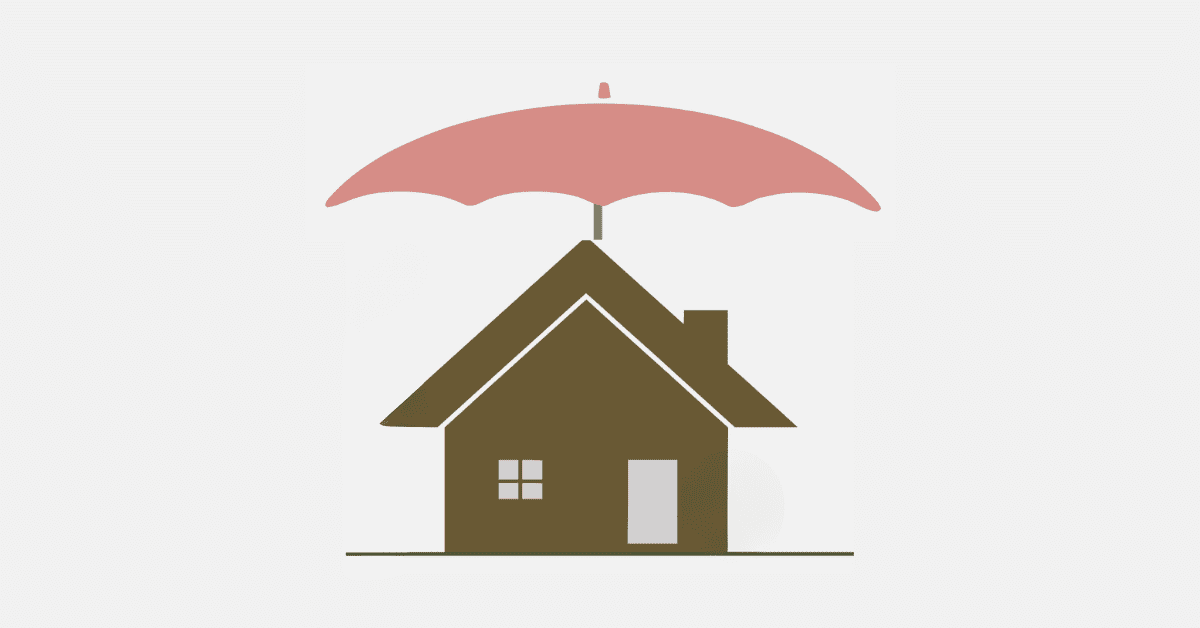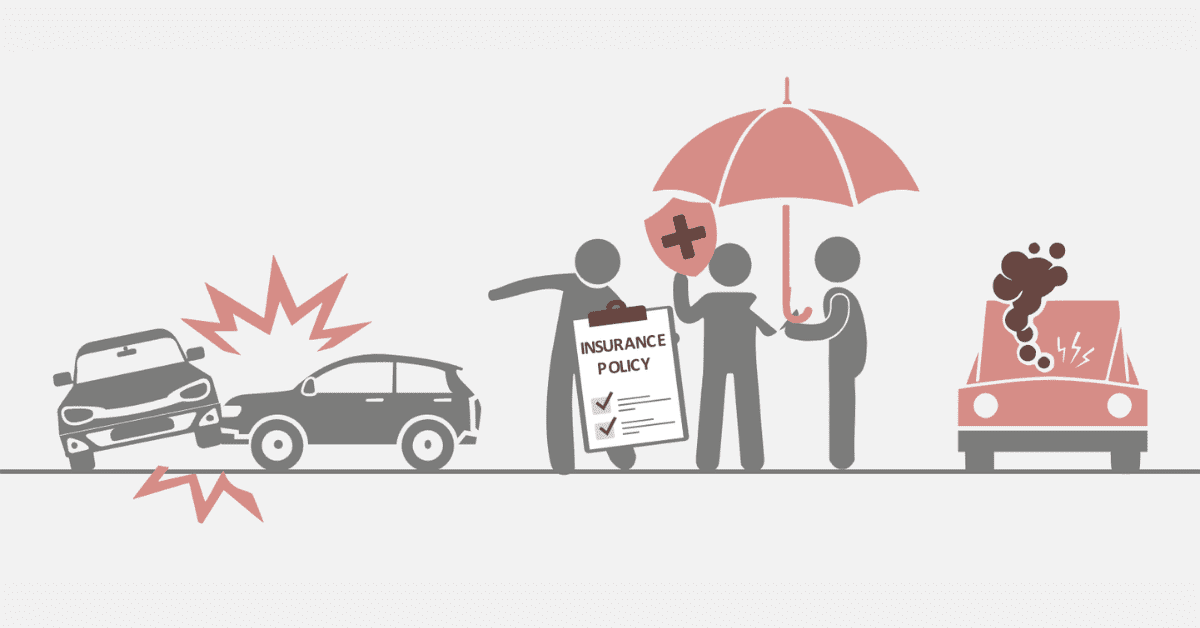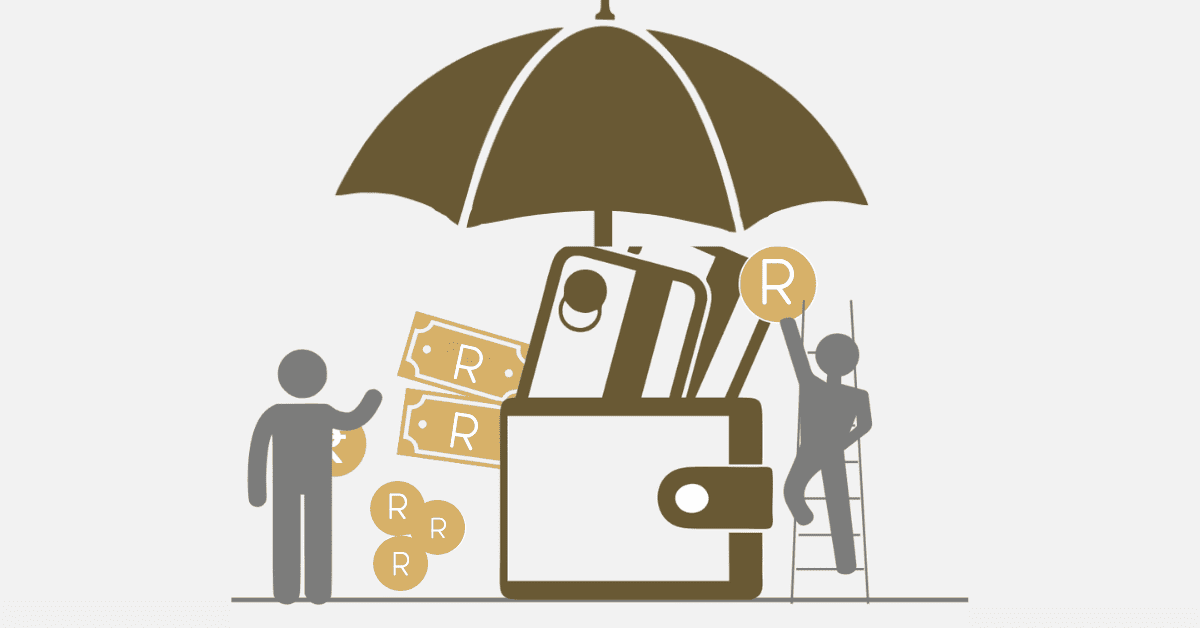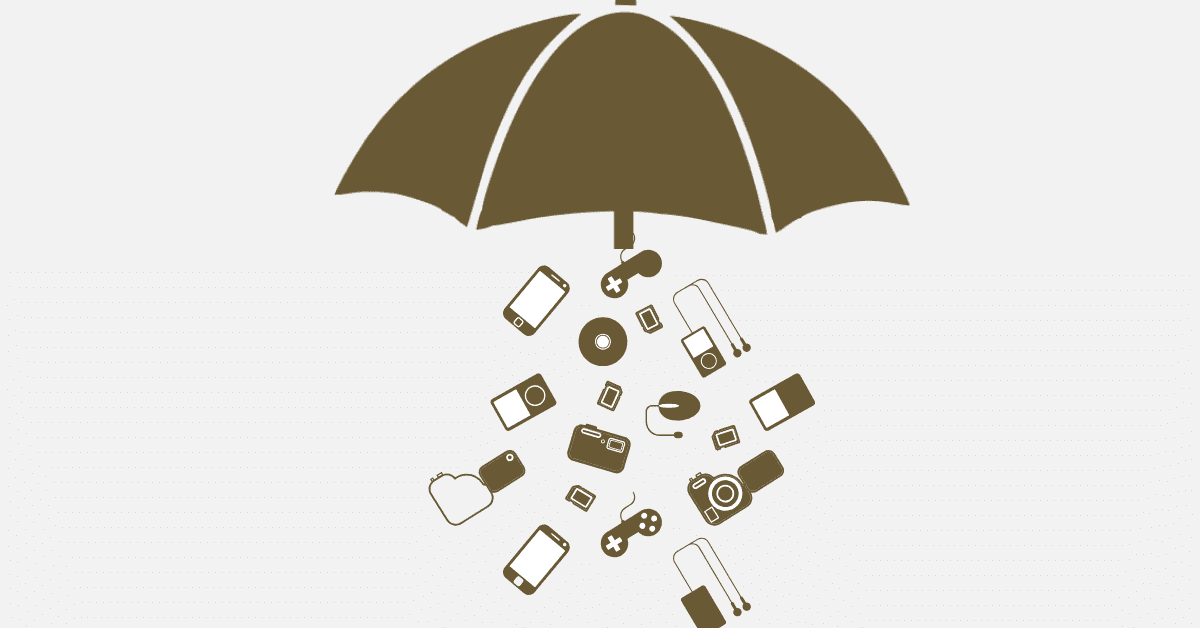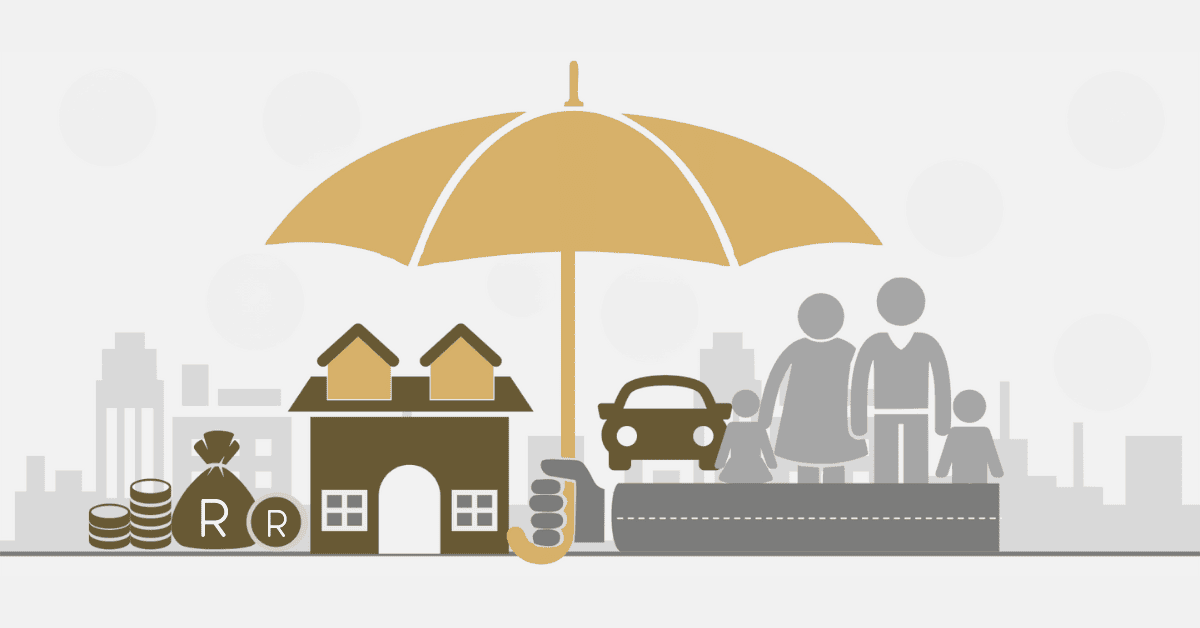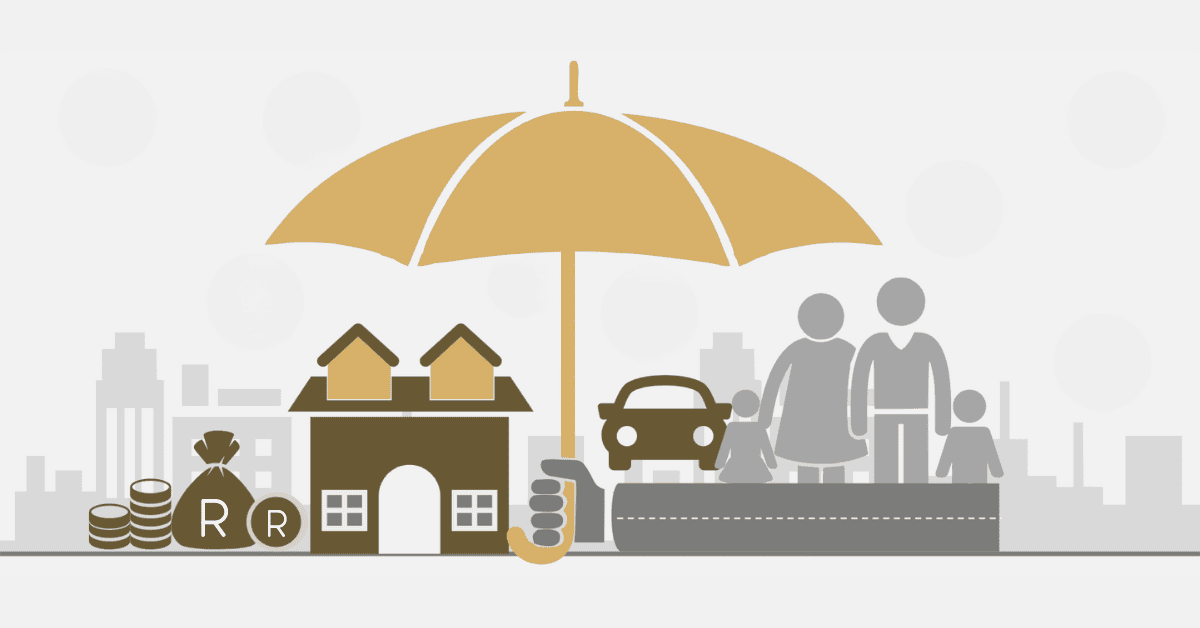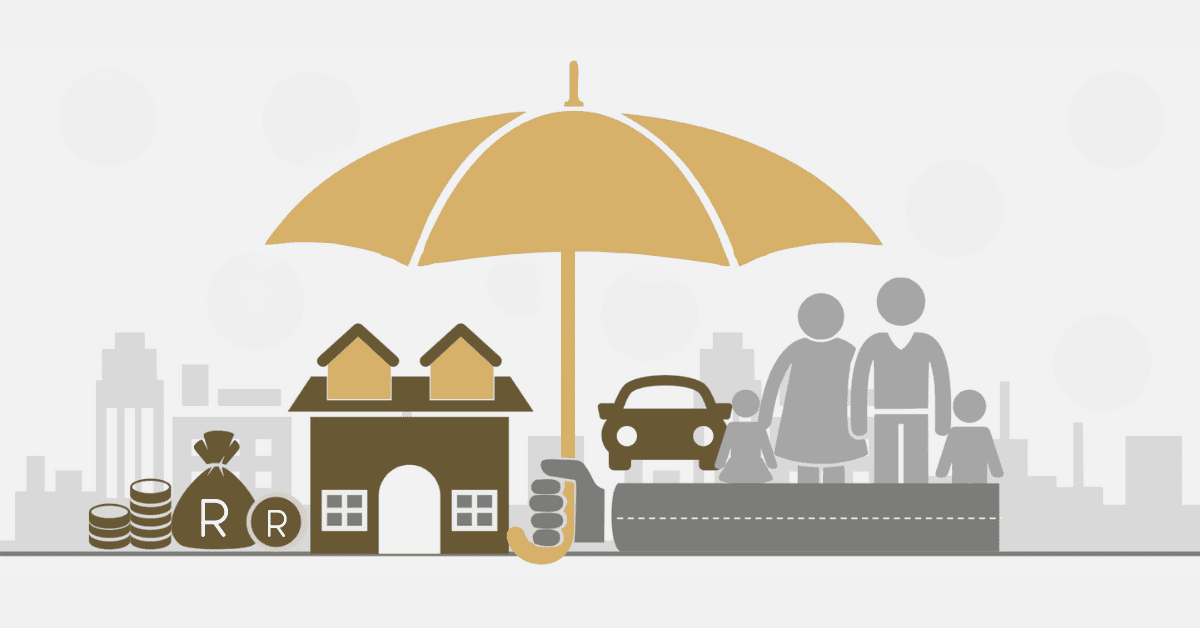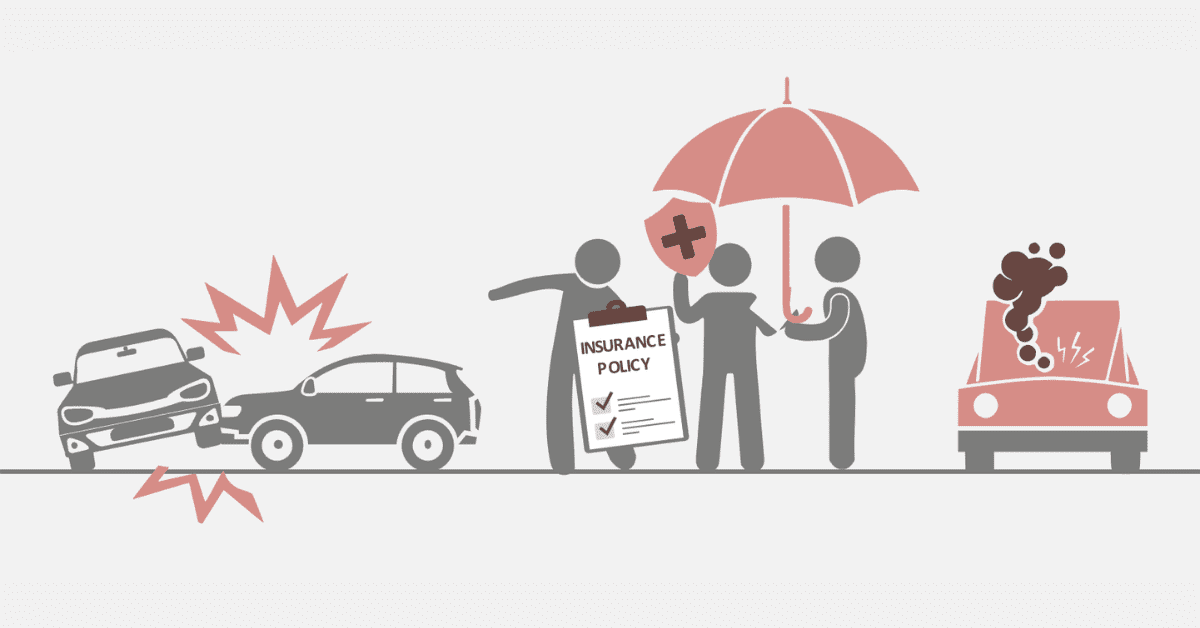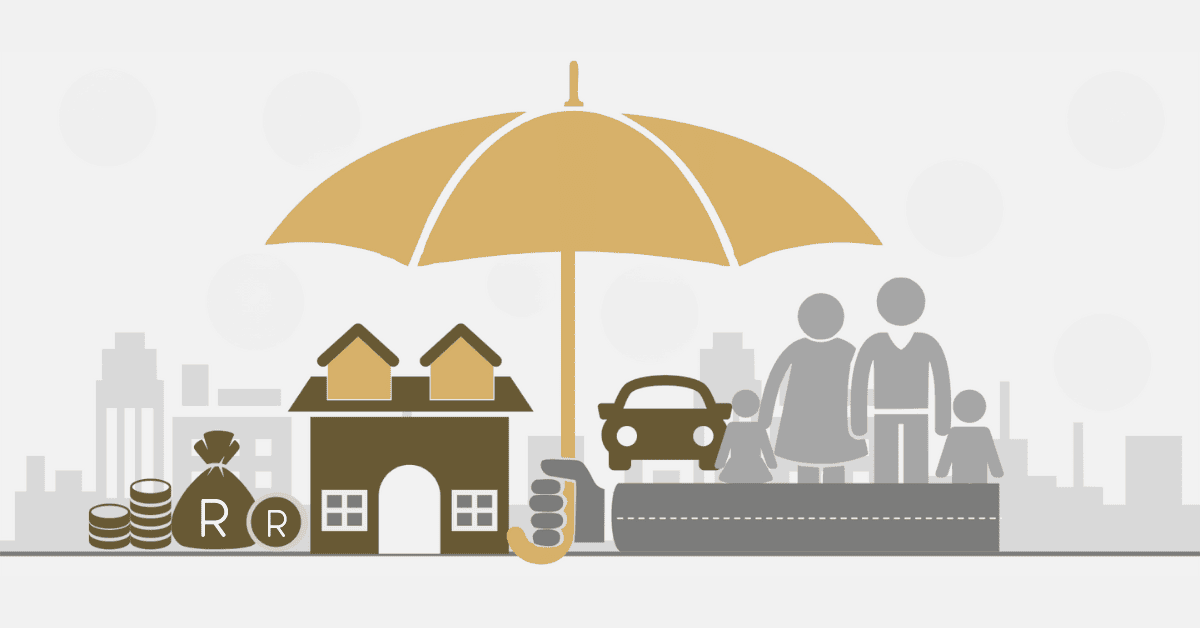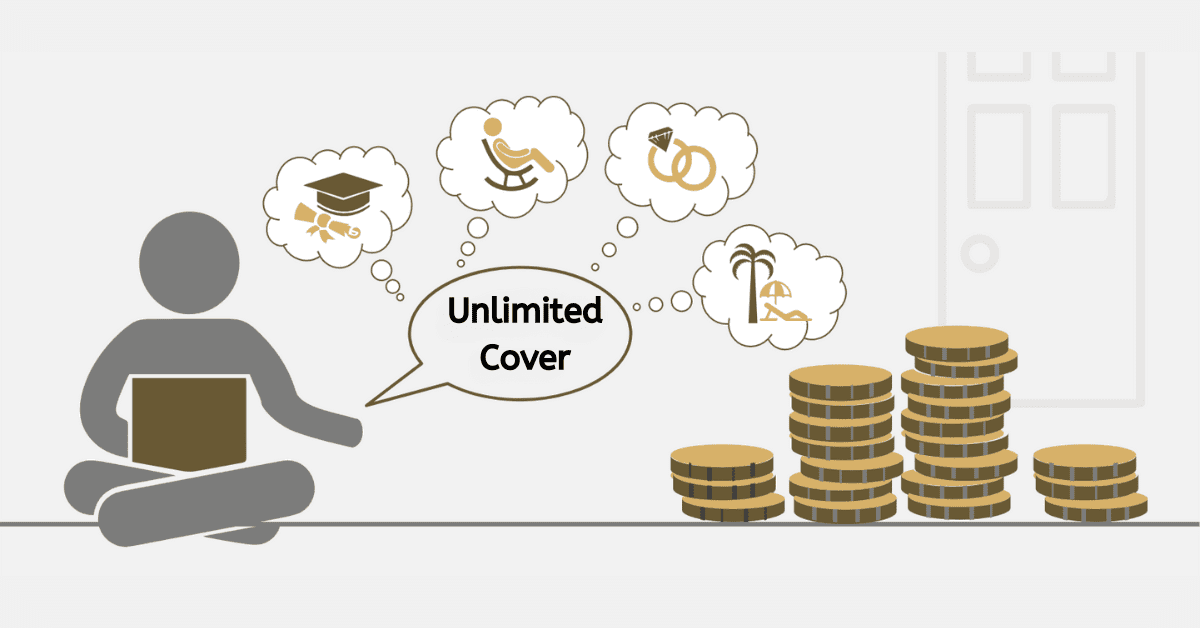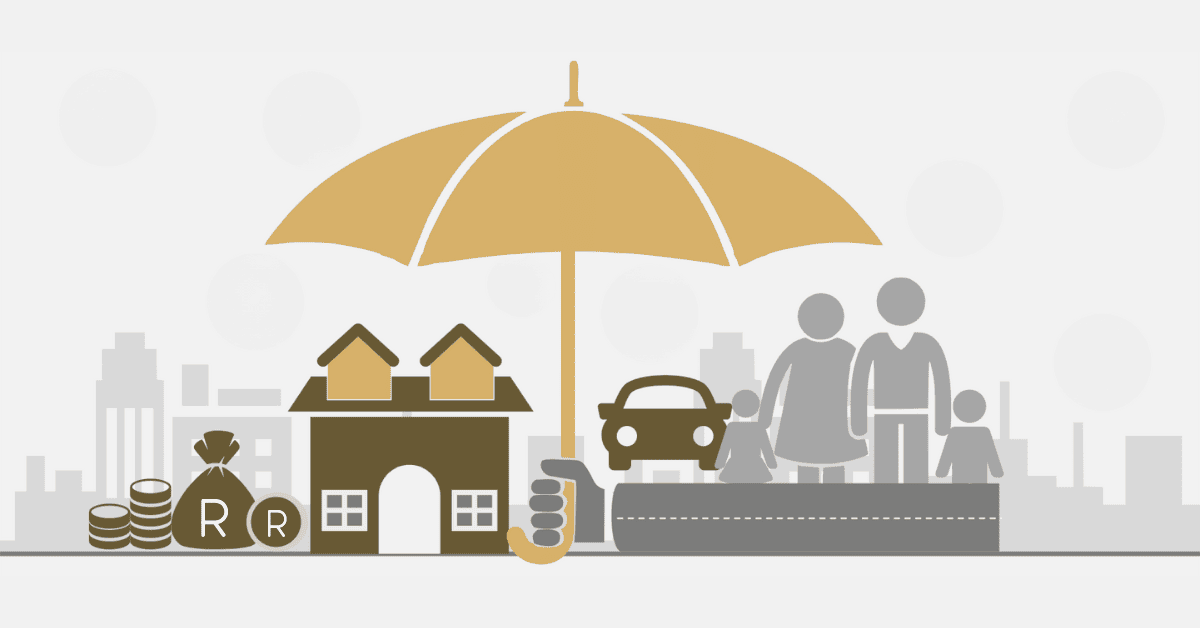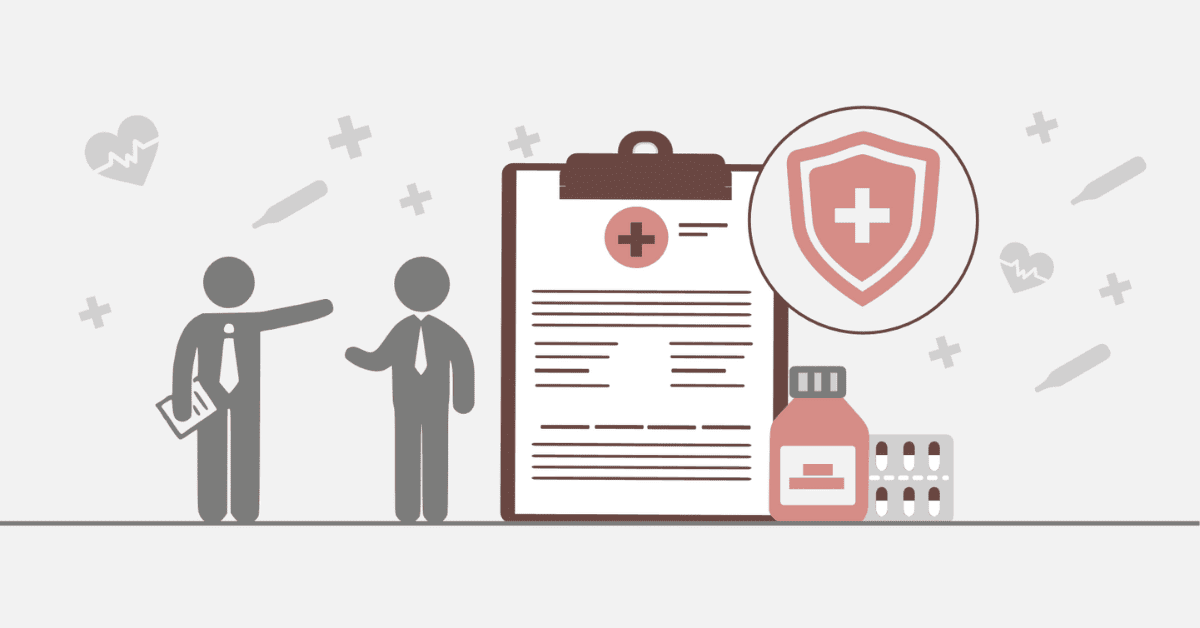Business in SA also comes with specific risks—from unexpected economic changes to the weather, criminal activity, and legal liabilities. It’s so high-stakes, so it’s not only a safety net, it’s a necessary part of any risk management strategy. It’s something that most South African business people understand as a matter of paying premiums now or closing up for good when a catastrophe strikes.
What is Business Insurance in South Africa?
This kind of South African business insurance is a protection package tailored to the risks to which both small and large business organizations are exposed daily. It covers a myriad of occurrences that could affect the continuity of your operation or your financial stability, from damage to property to theft, public liabilities, employee dangers, and even interruption of business due to unforeseen events. Insurance coverage can either be very specific or general based on your business. For instance, a shop may require cover against inventory loss due to burglary. On the other hand, a consultancy may require the cover of professional indemnity insurance for protection against allegations of negligence.
Typically, insurance companies in South Africa allow businesses to customize their policies by choosing coverage appropriate to their business type. Some of these policies will include, among others, allied perils and fire, electronic equipment, theft, breakdown of machinery, goods in transit, and legal liability. Specific industries, like construction or transport, will necessitate more complex policies with greater risk.
How Much Does a Business Insurance Cost in SA?
These premiums vary enormously depending on the size of your venture, the type of firm you’re operating, the business premises you rent, the value of the company assets, the size of the workforce, and the risk factor of your enterprise. For instance, a small internet firm operating from home with a small volume of goods and no high street presence might cost you anywhere in the region of R300 to R500 per month. On the other hand, a medium-sized high-street retail enterprise with high-value goods and high customer and employee volume might cost anywhere from R2,000 to over R5,000 per month on comprehensive cover.
More complicated operations, such as those of manufacturers or logistics companies, could require tailor-made plans, from R10,000 to R50,000 per year, or even more, depending on the risk exposure. Another factor determining the price is whether you buy standard coverage or more advanced protection supplemented by optional extensions, including business interruption cover, legal liability, cyber risk insurance, and directors’ and officers’ liability.
Getting a personal quote from various insurers is a good idea to indicate how much you will pay accurately. Several of South Africa’s more established insurers, including MiWay, Santam, AIG, and Budget, let you speak directly to brokers or use online facilities to compare products. It is also handy to factor in excess payments, as increased excess will decrease monthly payments but expose you more in the case of a claim.
What is the Best Business Insurance in South Africa?
A select group of providers stands out due to their products. MiWay Business Insurance, for example, is highly acclaimed for its affordability and extensive cover options, including building and contents cover, business interruption and public liability cover, and so forth. It is highly favored by small and medium enterprises that need tailor-made options at reasonable premiums.
Another standout is AIG Business Insurance, which suits the needs of organizations seeking global expertise and fully integrated risk management options. Although the premiums of AIG might increase a notch, the sense of security that their financial stability and extensive coverage options will keep them safe is a benefit available to companies that need sound and resilient protection. Budget Insurance is the more affordable option available to smaller companies. However, in exchange for a slightly smaller set of options on customized packages, their no-frills attitude is a favorite of startups or business ventures in a hurry to get insured.
The First for Women Business Insurance is worth noting, a business insurance specially tailored to address the businesswoman’s needs. Their policies are tailored to women-owned businesses and include added-value benefits like legal advice and low-rate discounts that facilitate work-life balance.
Why is Insurance Coverage Important in South African Businesses?
In the reasonably unstable economy and society of South Africa, business insurance is not just a risk management tactic, it’s a strategic imperative. Load shedding, crime, civil unrest, and harsh weather conditions like fires or floods are a few of the risks that South African businesses are also constantly in danger of, which can bring business to a standstill. Insurance is a protective line of defense that allows businesses to bounce back in double time, get back to business quickly, and not find themselves in serious financial trouble.
In addition, business insurance provides credibility. Most customers and business associates will more easily deal with insured parties, knowing that their interests will be protected in the event of casualty or liability claims. Certain professions, including construction or medicine, require compulsory insurance coverage by statute or professional standards. Failure to observe this can attract penalties or exclusion from tenders/contracts.
Insurance plays a significant role in the welfare of workers, too. Employers’ liability or laborer’s compensation insurance policies shield the business and staff members in the event of work injury or accidents at the workplace. It is significant to business operators or family businesses because a personal financial loss is unlikely to wreck work and home life.
Final Thoughts
South African business insurance is not a luxury item but one of necessity to ensure your hard work, employees, assets, and future are safe and secure. Whether you are a new start-up or an established business, there’s a policy that will suit your budget and requirements. Although the price varies depending on your business sector, size, and risk, the need to have sufficient protection in place cannot be overstressed.
